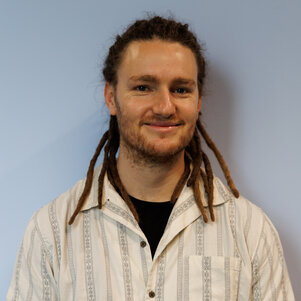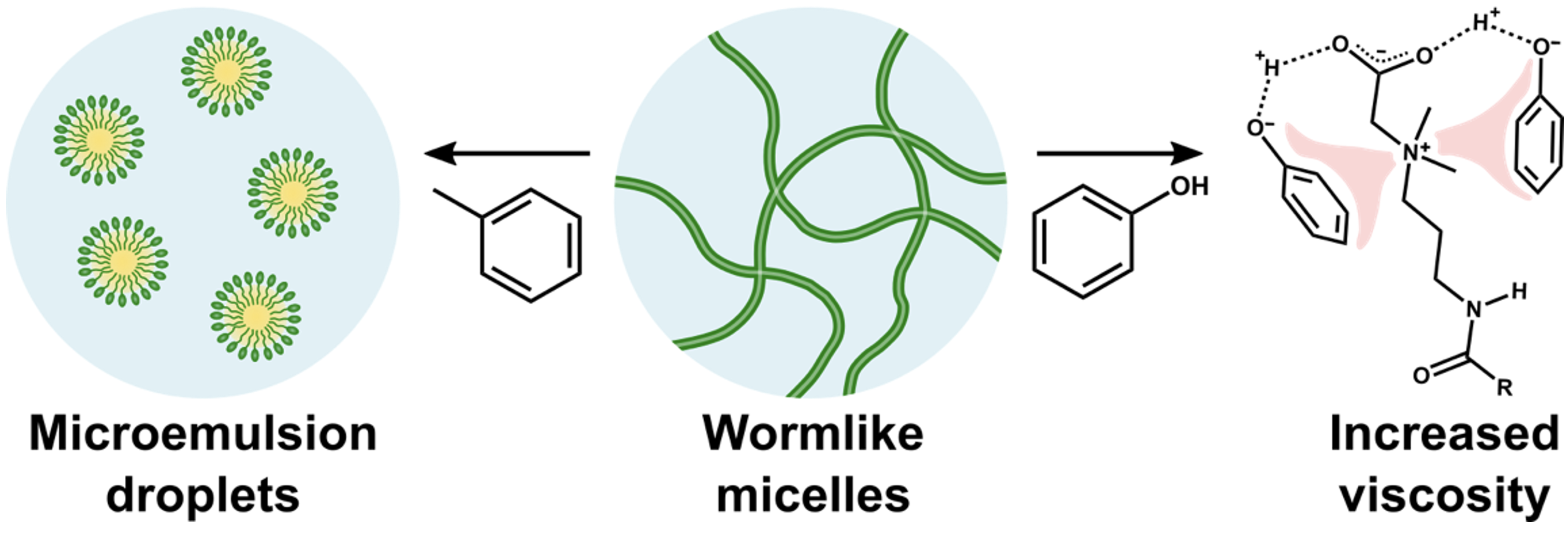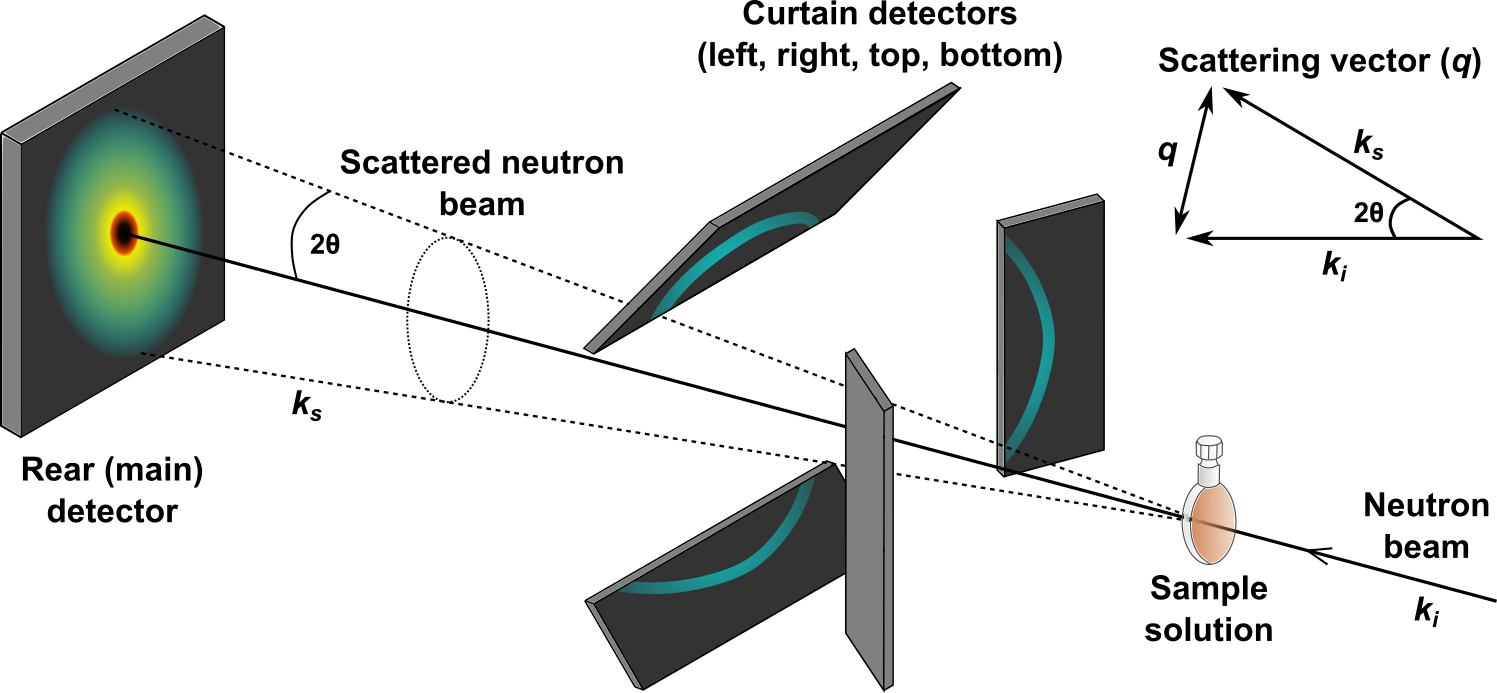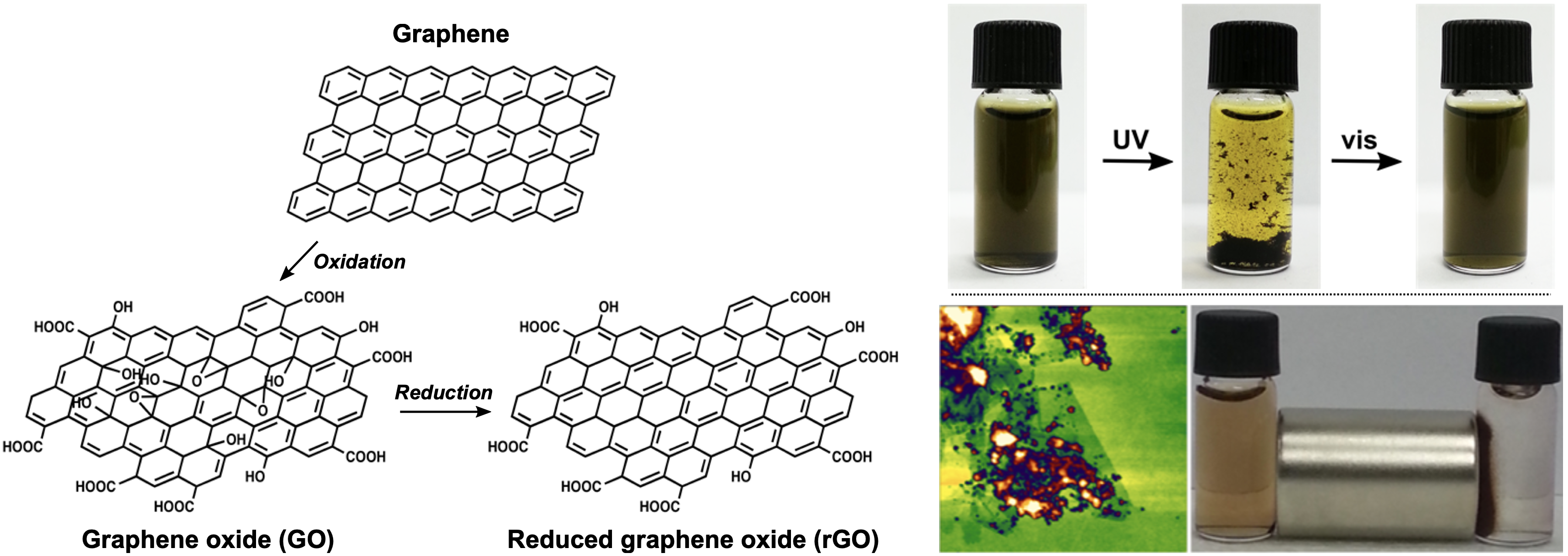Tom McCoy
Tom started as an Assistant Professor at TU Delft in March of 2024, as the most recent appointee to the Neutron and Positron Methods for Materials group (NPM2). His formal education (Bachelor of Science with Honours, 2011-14) took place at Monash University (Clayton campus), Melbourne, Australia, majoring in Chemistry and Physiology. Tom stayed at Monash to pursue doctoral research in Physical Chemistry (2015-18) under the brilliant supervision of Professor Rico Tabor. His research investigated the chemical processing of 2-dimensional carbon nanomaterials in water, as well as the self-assembly of surfactant-based complex fluids.
Immediately after his PhD, Tom commenced a two-year postdoc (2018-20) at the University of Cambridge, Department of Chemical Engineering and Biotechnology (CEB) with legendary colloid scientist, Professor Alex Routh. The project was in collaboration with Infineum UK Ltd. to explore the mechanism of friction reduction and anti-wear caused by small molecule additives in engine oil formulations using neutron reflectivity.
Eager for more, Tom stayed on in Alex’s group for a further 3 years as an Oppenheimer Research Fellow, a position held in tandem with a Junior Research Fellowship at Wolfson College (Cambridge, UK). During his fellowship he investigated the design and deposition of functional coatings based on self-organising colloidal particles. This work aims to provide novel, low cost and low energy materials for new and improved surface coatings, helping in the collective effort towards sustainable materials and reduced climate impact.
Beyond work, Tom loves travelling, food, a good book, playing his piano, basketball and sharing a drink with mates. See Tom’s publications here, and research interests below. Please get in touch for collaborations.
Surfactants and self-assembly
Surfactants are a magic class of molecule that find widespread use as dispersing, wetting and emulsifying aids. Marketing reports estimate that surfactants are produced in excess of 16 million tonnes per annum, with these quantities only set to increase. It is therefore crucial that we continue to understand, design and optimise the development of eco-friendly and more efficient surfactants to reduce production demands and environmental impacts from this important class of molecule.
We seek to understand surfactant behaviour by utilising techniques such as tensiometry and small-angle scattering. The role of additives in enhancing surfactant capabilities is of significant interest.
Neutron and X-ray scattering of soft matter systems
The self-assembly (molecular ordering or internal structuring) and intermolecular interactions are crucial phenomena underpinning the behaviour of soft materials. Scattering techniques represent the benchmark for characterising the structure and interactions of soft matter systems with sub-nanometre resolution. Tom specialises in small-angle neutron and X-ray scattering for characterising soft materials in bulk liquid phases, and neutron and X-ray reflectivity for analysing surface and interfacial properties.
Tom has worked at scattering facilities around the world, including the Australian Synchrotron (Melbourne, Australia), the Australian Centre for Neutron Scattering (Lucas Heights, NSW, Australia), Diamond Light Source and ISIS Neutron and Muon Source (Harwell Campus, Didcot, UK), the Institut Laue-Langevin (Grenoble, France) and Sirius (Campinas, Brazil). Now, he will conduct soft matter research utilising facilities at TU Delft’s very own Reactor Institute.
Colloidal dispersions with stimulus response
Colloidal dispersions are another versatile class of materials that are used widely in industry. Tom is particularly interested in colloidal systems that are responsive to stimuli, both internal (such as temperature, pH or salinity) and external (sound, current, magnetism or light). This offers the potential for developing ‘smart’ colloidal materials in which their function can be modulated using a controllable stimulus.
Research on carbon-based nanomaterials such as graphene oxide is a backbone of Tom’s work as well as the development of functional surface coatings for anti-fouling and lubrication.

dr. T. McCoy (Tom)
- +31 (0)15 2781215
- t.m.mccoy@tudelft.nl
-
Mekelweg 15
2629 JB Delft
The Netherlands
PI TNW/RST/NPM2


